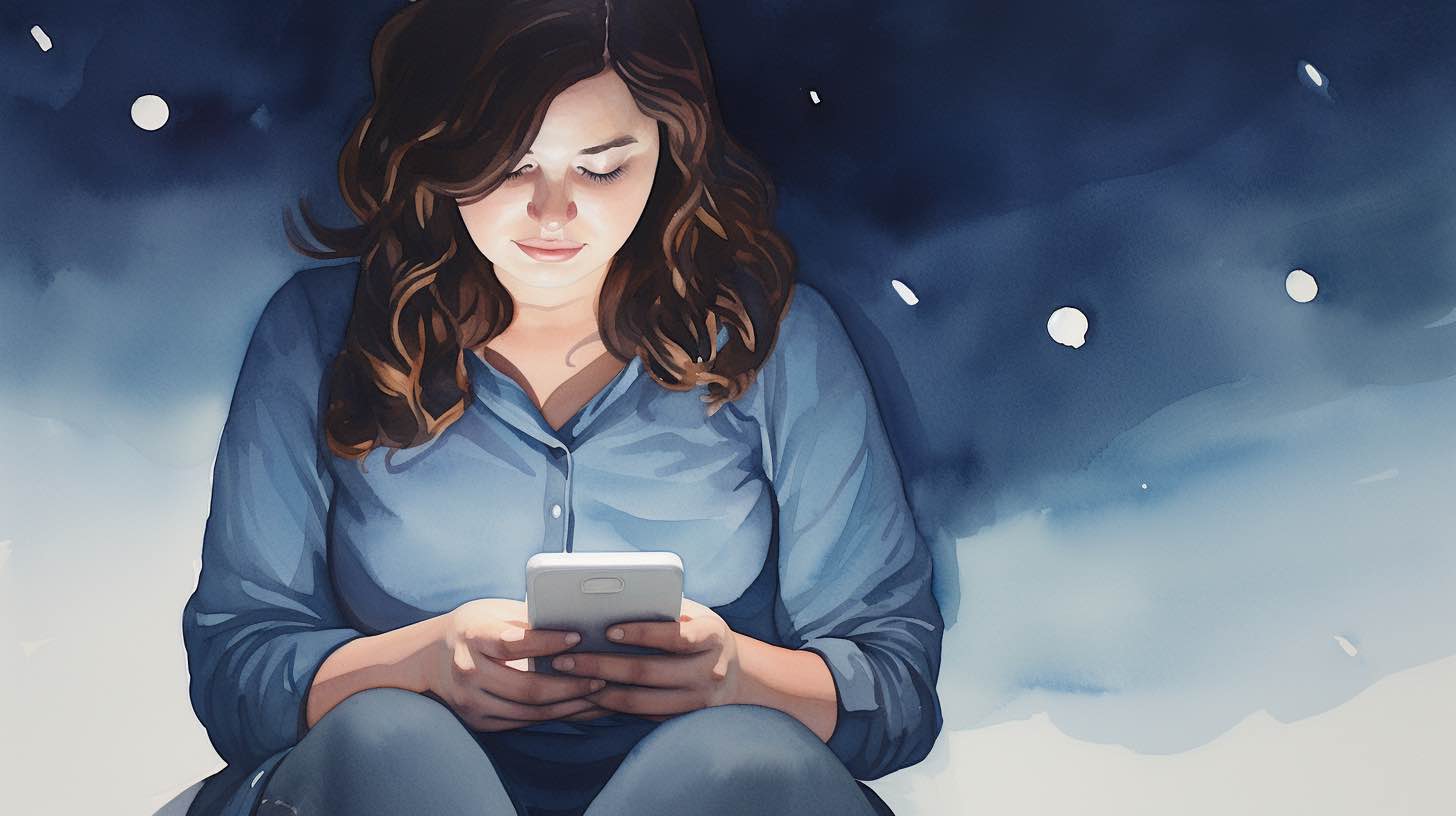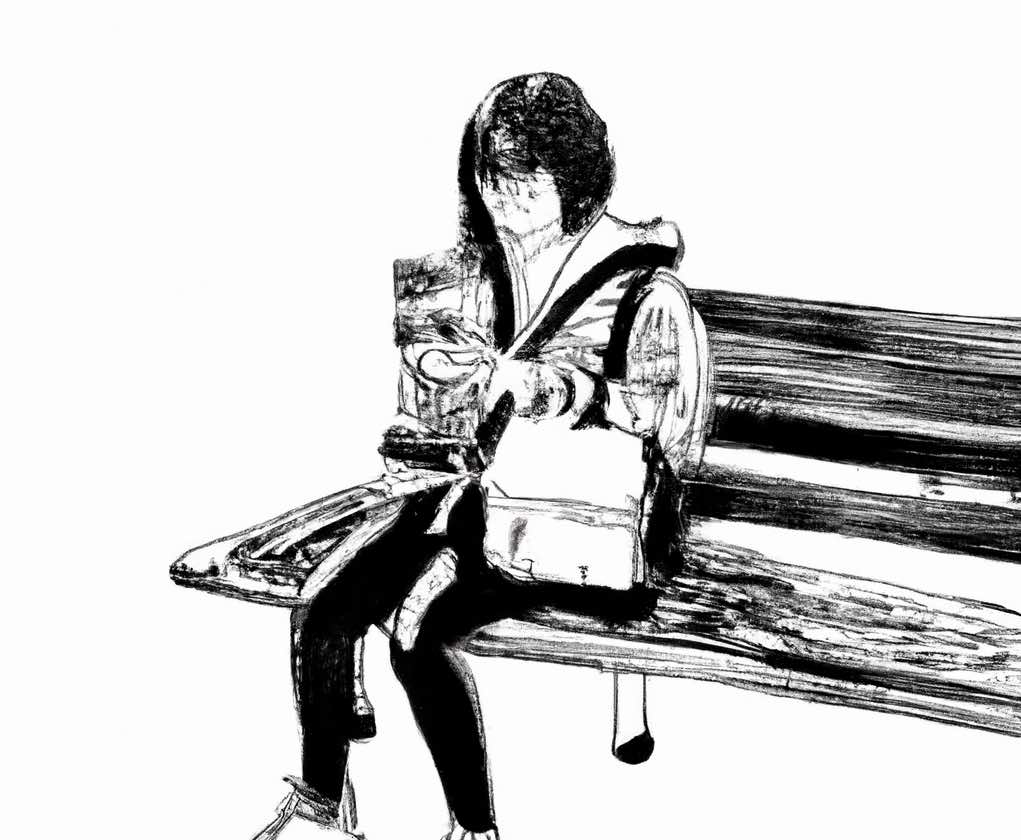As a clinical psychologist, I have witnessed the burgeoning dialogue about Obsessive-Compulsive Disorder (OCD) on various social media platforms, including Reddit. These forums offer a kaleidoscope of personal anecdotes, shared experiences, and a sense of community that can be both comforting and informative for individuals grappling with OCD. However, it is critical to distinguish between the lived experiences and narratives prevalent on Reddit and the clinical understanding and treatment strategies for OCD.
Maria settled in, a look of cautious pride in her eyes. She began with a bright note, proclaiming she’d made significant headway with her OCD.
Dialogue:
Maria: “I’ve made so much progress with my OCD on my own. I’ve been doing my own version of ERP at home!”
Me: “That’s wonderful to hear, Maria. Can you share what you’ve been doing?”
Maria: “Sure, I’ve started a routine that I found online which has really helped me.”
Me: “It’s important to find strategies that work for you. Tell me more about this routine.”
Maria: “Well, it’s something I found on a forum. I’ve been organizing my books by color every day, and it calms my anxiety.”
Me: “Organizing can be soothing, but how does this fit into your ERP?”
Maria: “It’s my exposure task. The post said it’s good to face my fears by creating order.”
Me: “Hmm. ERP usually involves facing fears directly. How do you feel afterward?”
Maria: “I feel good when it’s done, but I get anxious if I don’t do it.”
Me: “That might be a sign that the behavior is more compulsive than therapeutic. How did you decide on this particular task?”
Maria: “Someone on Reddit did something similar and said it was their ERP.”
Me: “I see. It’s good to take initiative, but it’s also important to ensure the approach is truly beneficial. Does your task address the anxiety or just temporarily relieve it?”
Maria: “I thought it was helping, but I guess it might just be a temporary fix.”
Me: “ERP should help you manage anxiety without needing to perform a specific task. Let’s work on finding an approach that offers you lasting control over your OCD, not the other way around.”
Maria: “That makes sense. I might’ve got carried away with the idea from Reddit.”
Me: “It’s easy to do with so much information out there. How about we look at some evidence-based ERP strategies together?”
Maria nodded, her initial self-assurance giving way to a realization that her progress might have been misdirected, yet open to the journey ahead with professional guidance.
A day at the clinic
The Reddit Depiction of OCD
On Reddit, OCD is often depicted through the lens of personal struggle. Anecdotes about the intrusive thoughts and compulsive behaviors that characterize OCD are abundant, and while they offer a visceral snapshot of the disorder, they can sometimes lack the nuance of a clinical diagnosis. In these forums, it’s not uncommon to encounter stories of self-diagnosis or misdiagnosis, which may lead to misconceptions about the nature of OCD.
For instance, the portrayal of OCD in Reddit forums might emphasize extreme cleanliness or orderliness. While these can be manifestations of OCD, they do not encapsulate the full spectrum of the disorder. OCD symptoms are diverse and can also include less visible processes such as mental compulsions or rituals.
Furthermore, discussions about medication on Reddit can be a double-edged sword. Redditors sharing their personal experiences with medications may not always clarify that the effectiveness of these drugs can be highly individualistic. One person’s miracle drug can be another’s journey through side effects with no relief in sight.
The Clinical Perspective on OCD
From a clinical standpoint, OCD is a complex and heterogeneous disorder that involves both obsessions—unwanted, distressing thoughts or images—and compulsions—behaviors or mental acts an individual feels driven to perform in response to an obsession. The goal of these compulsions is not to bring pleasure but to alleviate the distress caused by the obsessions.
Treatment for OCD often involves cognitive-behavioral therapy (CBT). The approach is tailored to each individual, and the journey to finding the right treatment plan can be intricate and require professional guidance.
Real-Life Examples of Reddit’s Impact on OCD Perception
Case 1: The Misled Medicator
Consider the case of John, who, after reading numerous posts on Reddit about the purported benefits of a particular medication, decided to pressure his doctor into prescribing it, despite his doctor’s suggestion for a different treatment plan. This led to months of unnecessary side effects and no real progress in managing his OCD symptoms.
Case 2: The Self-Diagnoser
Then there’s Sarah, who, convinced by a series of Reddit posts that she had OCD, began to self-treat with techniques suggested by non-professionals. By the time she sought professional help, she was entrenched in rituals that were self-soothing rather than therapeutic, thus exacerbating her condition.
Case 3: The Hopelessness Echo Chamber
Lastly, we have Alex, who found himself in a subreddit echo chamber where the dominant narrative was that OCD is untreatable. This misinformation left Alex feeling hopeless and resistant to seeking therapy, as he was convinced it was futile. It took considerable effort to rekindle hope and engage him in evidence-based treatment.
Conclusion
While Reddit forums can be a source of solace and solidarity for those with OCD, they should not replace professional assessment and treatment. It is essential to view these personal stories as just that—personal narratives that may not reflect the full clinical reality or the possibilities for recovery.
To individuals seeking information and support for OCD on platforms like Reddit, I offer this advice: use these spaces to feel less alone, but always consult with a trained mental health professional for diagnosis and treatment recommendations. Remember, OCD is as unique as the individuals it affects, and while one person’s story can offer perspective, it should not dictate another’s path to wellness.

